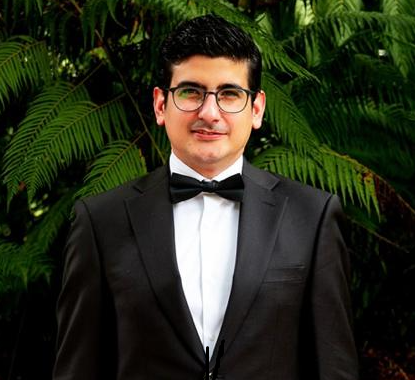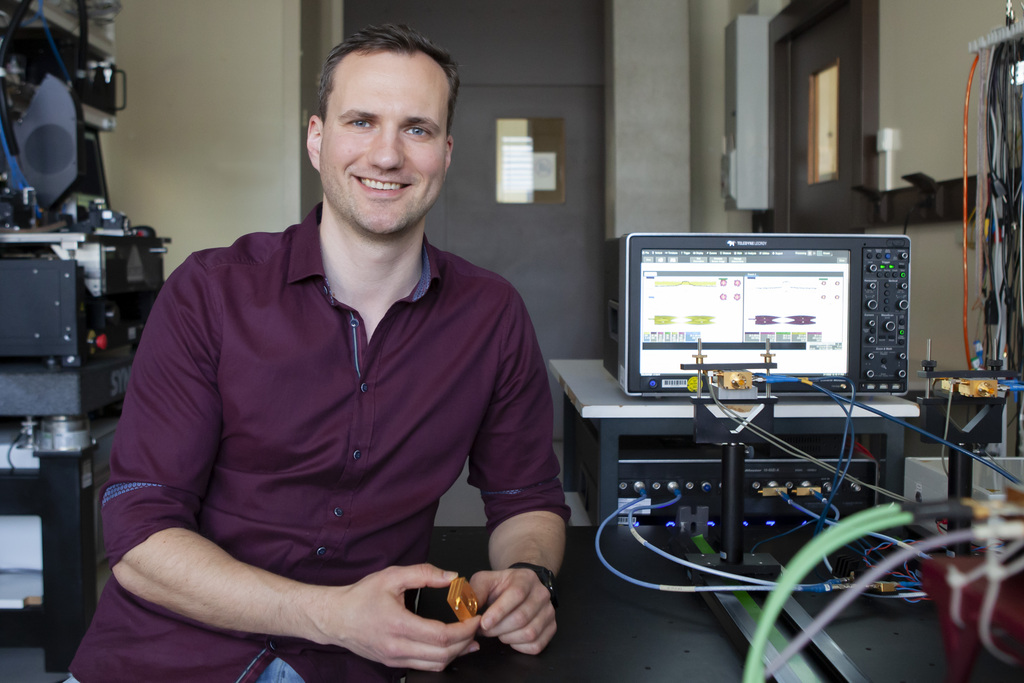The German Terahertz Center awards a young scientist award to promote young researchers in the field of THz research and technology. The prize recognizes outstanding achievements in the field of THz physics and its applications. It is intended for young scientists whose dissertation was completed no more than 2 years prior to the nomination. Every two years, two prizes are awarded, each coming with a certificate and a monetary award of 500.00 Euros. Nominations are open to members of the German Terahertz Center. Suggestions should include a one-page (A4) justification for the nomination, a PDF of the dissertation, and a curriculum vitae with a list of publications. The prize is usually awarded during a THz conference. The prize was first announced in 2018 and was presented at the 2019 IRMMW-THz conference in Paris. This prize strives to support and recognize the valuable research contributions of young scientists in the field of THz technology.

Thema der Arbeit: „ErAs:In(Al)GaAs Photoconductive Mixers as Continuous-Wave Terahertz Detectors: Modelling and Applications“
https://tuprints.ulb.tu-darmstadt.de/21340/

Thema der Arbeit: „Integrated Sub-Millimeter-Wave High-Power Amplifiers in Advanced InGaAs-Channel HEMT Technology“
https://publica.fraunhofer.de/entities/publication/ab0212cc-1787-496f-920c-ec1c7db3722e/details